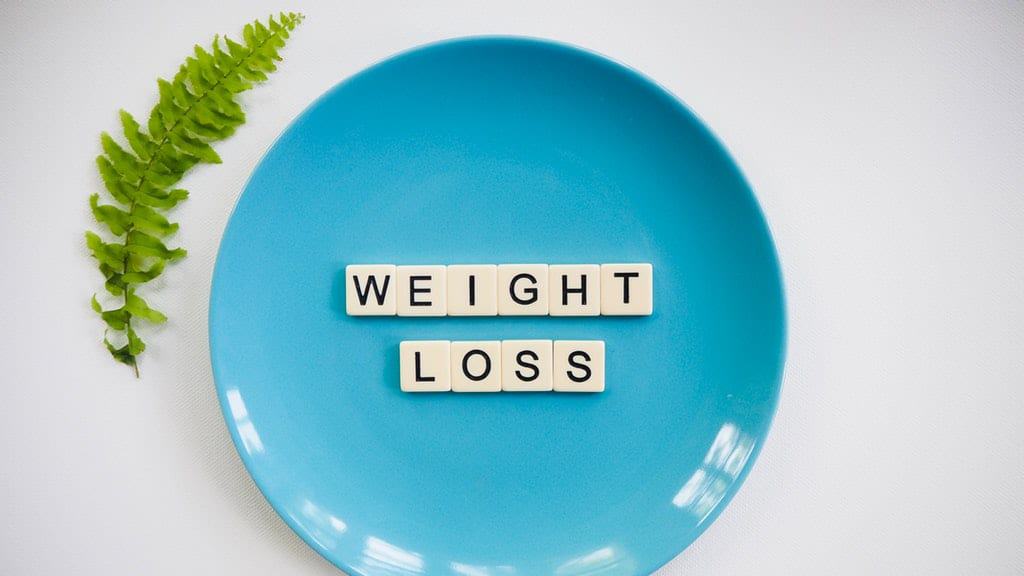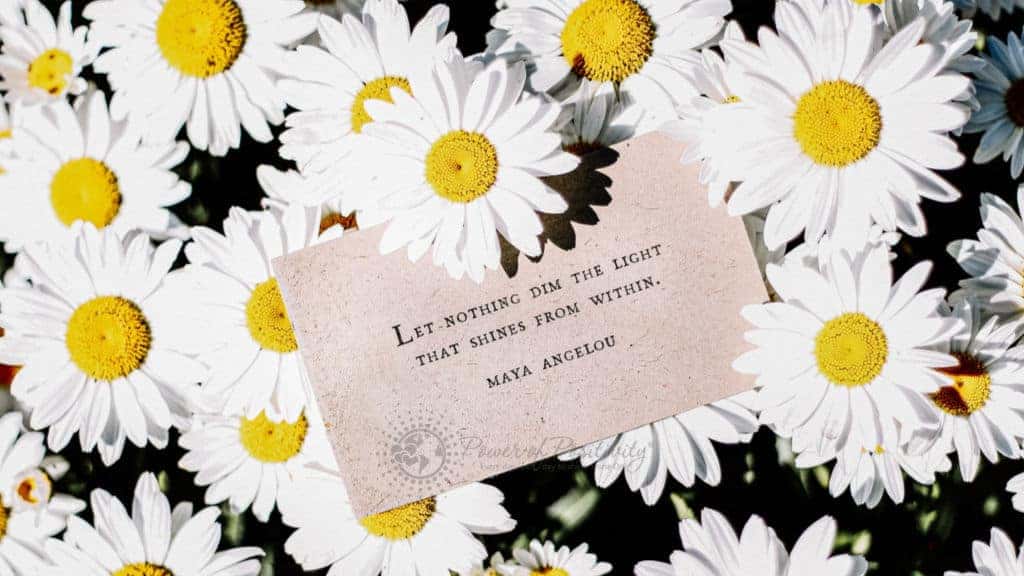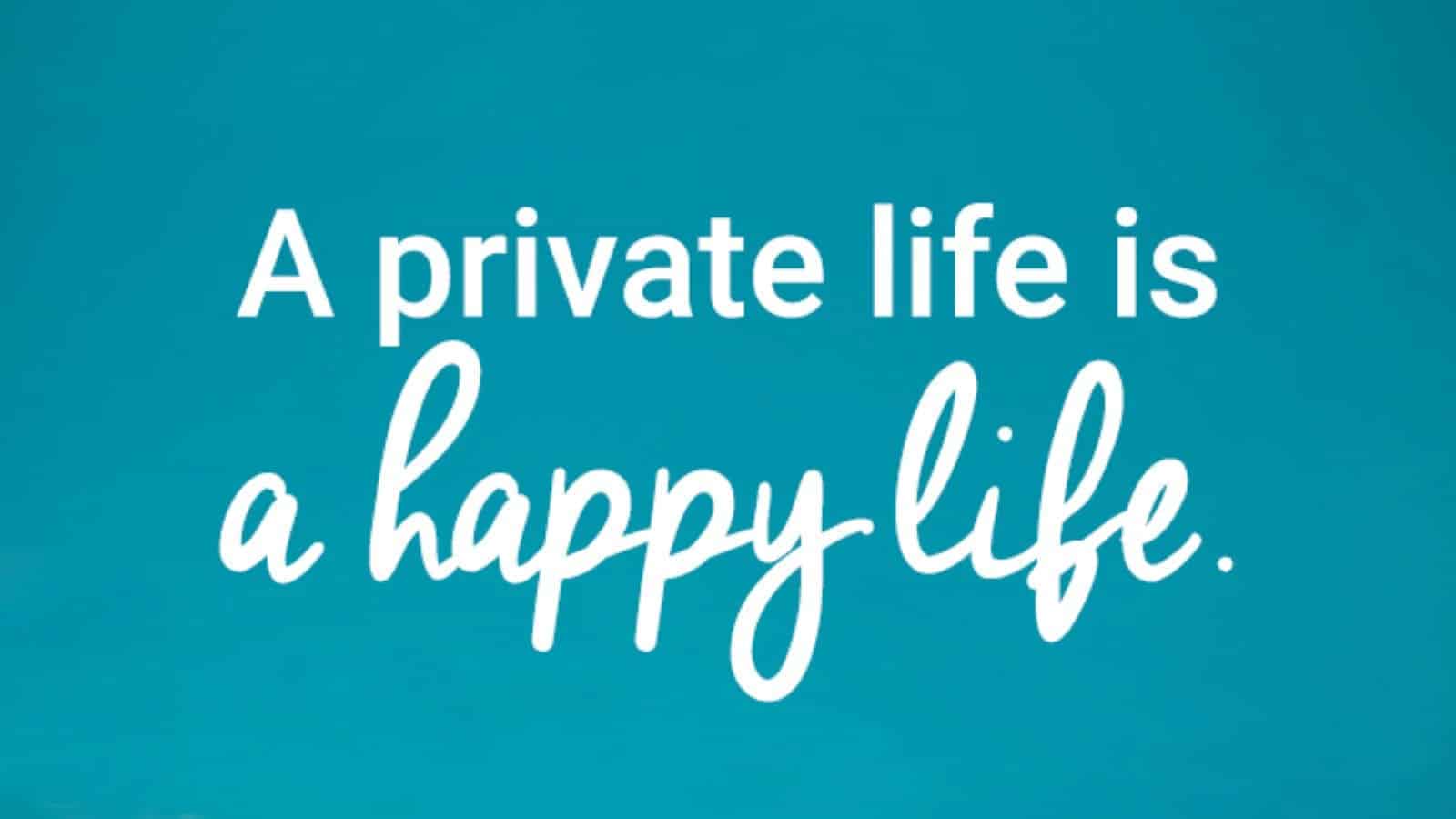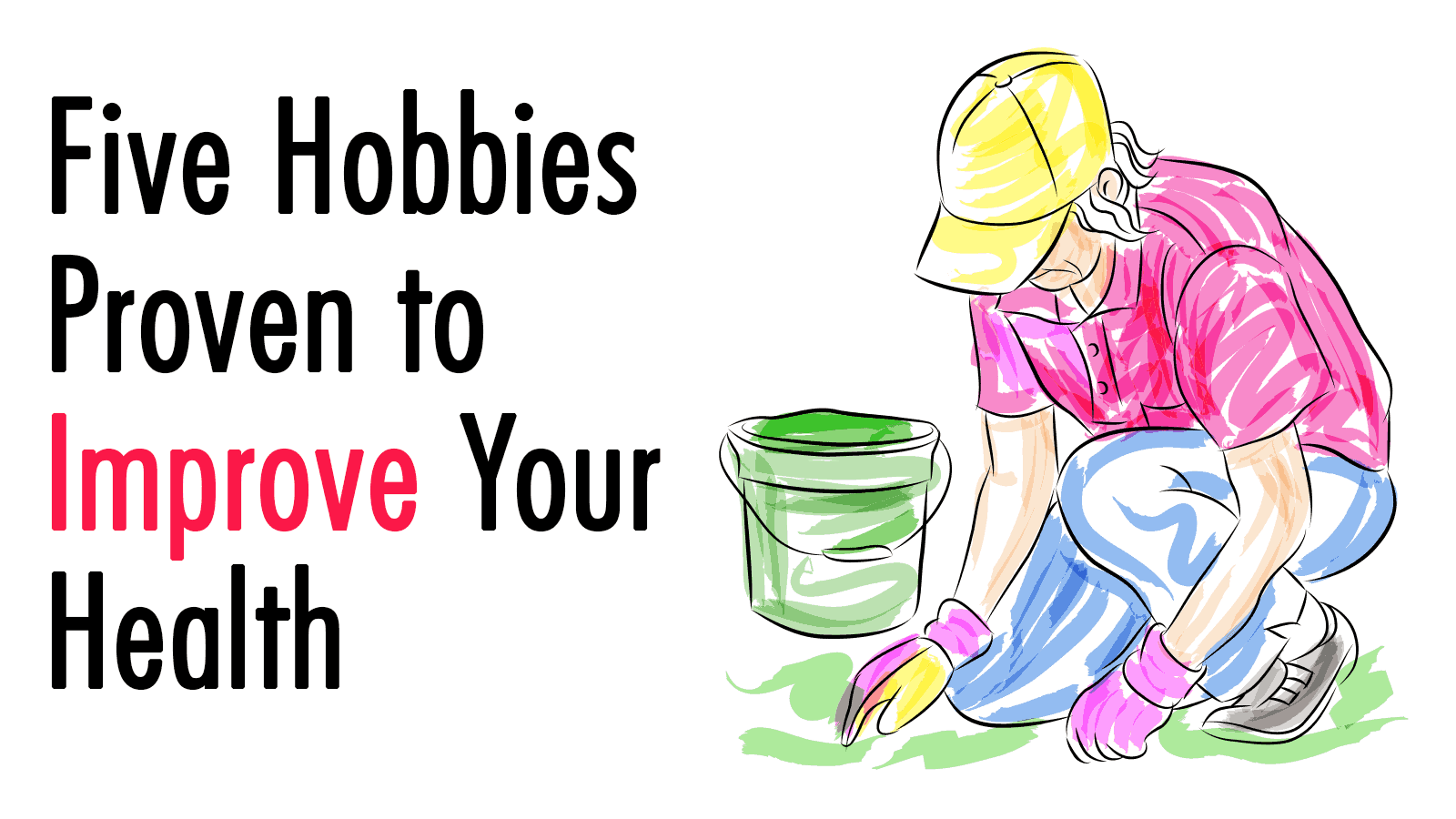When you look around at the state of the world today, you might see disarray, confusion, and fear. One of the major reasons it seems so imbalanced is because its people are greatly imbalanced — but you can find stability again. Many people often lose touch with themselves, the Earth, and others simply because they don’t spend enough time developing positive spirituality. If neglected for too long, this can wreak havoc on the mind and body.
If you have been wondering how to find simple yet effective ways to incorporate spirituality into your daily life and create more balance within yourself, these tips can help you get on the right track.
10 Simple Ways to Add Spirituality to Your Daily Life:
1. Pay attention to your breathing
One of the easiest ways to connect with the Higher Source is through our breath. If your breath is staggered, sharp, and nervous, you will likely feel this way on the inside. Also, your brain can dictate your breathing pace, depending on your thinking. For example, if you have a million things on your mind and flit from one thought to another, your breathing will probably reflect your mental state. Slow down your thoughts, slow down your breath, and relax. Easier said than done, but you will notice your breathing regulated over time if you put awareness into every breath you take.
2. Stay in the present
“If you are depressed you are living in the past, if you are anxious you are living in the future. If you are at peace you are living in the present.” Lao Tzu
Don’t let your mind wander too far into the past or the future because one has passed, and the other hasn’t. You can only control your thoughts at this very moment, so stay present and enjoy life.
3. Meditate
Meditation builds on tip #2, forcing you to stop whatever you’re doing and become aware of your thoughts, body, and breath. Right now! If you don’t practice meditation already, the next tip might help you get started with regular practice. This will seem hard at first. That’s because our minds and bodies are so used to rushing around from one place and one thought to another without much rest at all. Meditation will allow you to relax into a deep, peaceful state and guide you to develop a closer bond with the universe. This ancient practice is at the heart of spirituality. and will help you transcend the 3D world into a limitless, loving, and open one.
4. Walk outside… barefoot
Known as “grounding” or “earthing,” going outside barefoot and sinking your feet into the grass directly connects you with the Earth. It will help you balance your root chakra, which governs the connection with your physical body. Running or walking outside barefoot allows Earth’s energy to move through you, which can help you feel more secure and balanced.
5. Drink a lot of water
Water has many benefits, including flushing out toxins, keeping you hydrated, helping with brain functions, and giving you energy. Dehydration can lead to many problems, such as confusion, dizziness, and even heart palpitations. Water keeps your body functioning properly. Of course, a healthy body plays a big role in the evolution of consciousness and spirituality.
6. Take your exercise outdoors when possible
There’s something incredible feeling about exercising outdoors. It doesn’t matter if you prefer to practice Yoga, jog through the park, or walk the dog. Just get outside and make it happen!
Some studies prove that outdoor exercise often offers better benefits than indoor activities. But, that’s only the tip of the iceberg!
Being outside makes you feel at one with Earth. The chirping of the birds as you stretch or feel a cool breeze as you work out makes outdoor exercise a transcendental experience for many.
7. Help others
Volunteering or simply performing acts of kindness will deepen your compassion and help you grow spiritually. By offering a helping hand to others, you will consequently help yourself. Giving is receiving; every time you extend your help to people, they will be much more likely to help you when you need it.
8. Listen to conscious music
Pay attention to what you listen to. Why? Because the frequency of the music will influence either an increase or decrease in your spirituality. In general, the music on the radio that talks about promiscuous hookups, parties, and excessive materialism resonates at a lower frequency and doesn’t send out a loving, peaceful message.
Listen closely to the lyrics in your playlist, and make a special one that only involves positive, uplifting verse. You’ll be surprised at how much better you feel, and what types of experiences you encounter.
9. Give love to yourself and others
One of the simplest and most rewarding ways to feel more spiritual is to offer yourself and others love any chance you get. Compliment others, give hugs to strangers, love yourself no matter what, and remember that you are to be the change. Love will change this world because it changes you and helps you spread that change outwardly.
10. Visit a special spot in nature
You might have found a sacred garden or a cove at the beach that resonates with your soul. Visit this place as much as possible to help you connect with your true nature. Not only will it connect you with yourself. But you’ll also connect with the healing energy from the Earth as well.
Join the conversation: What simple ways do you add spirituality to your daily life? Share in the discussion below!




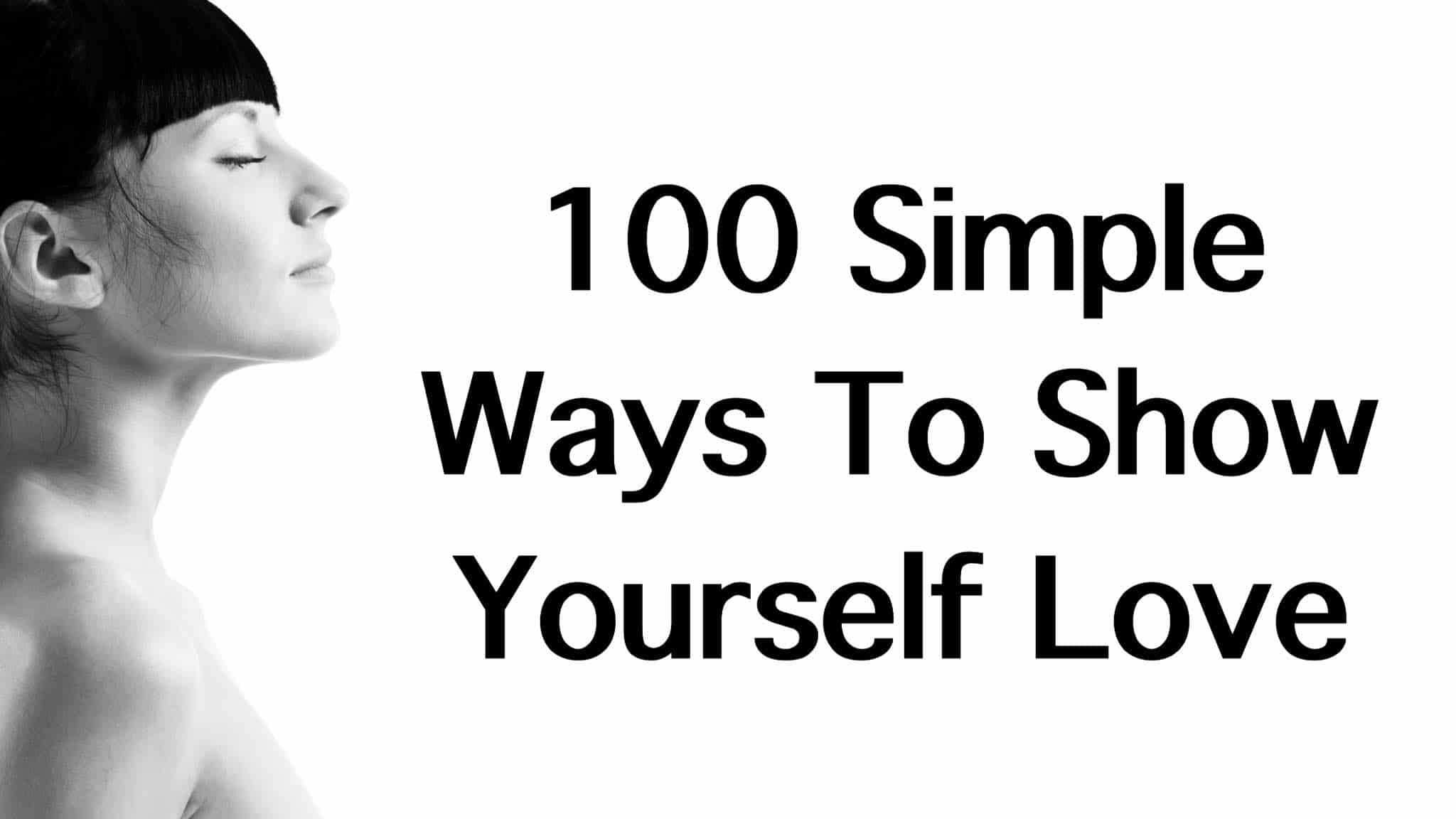



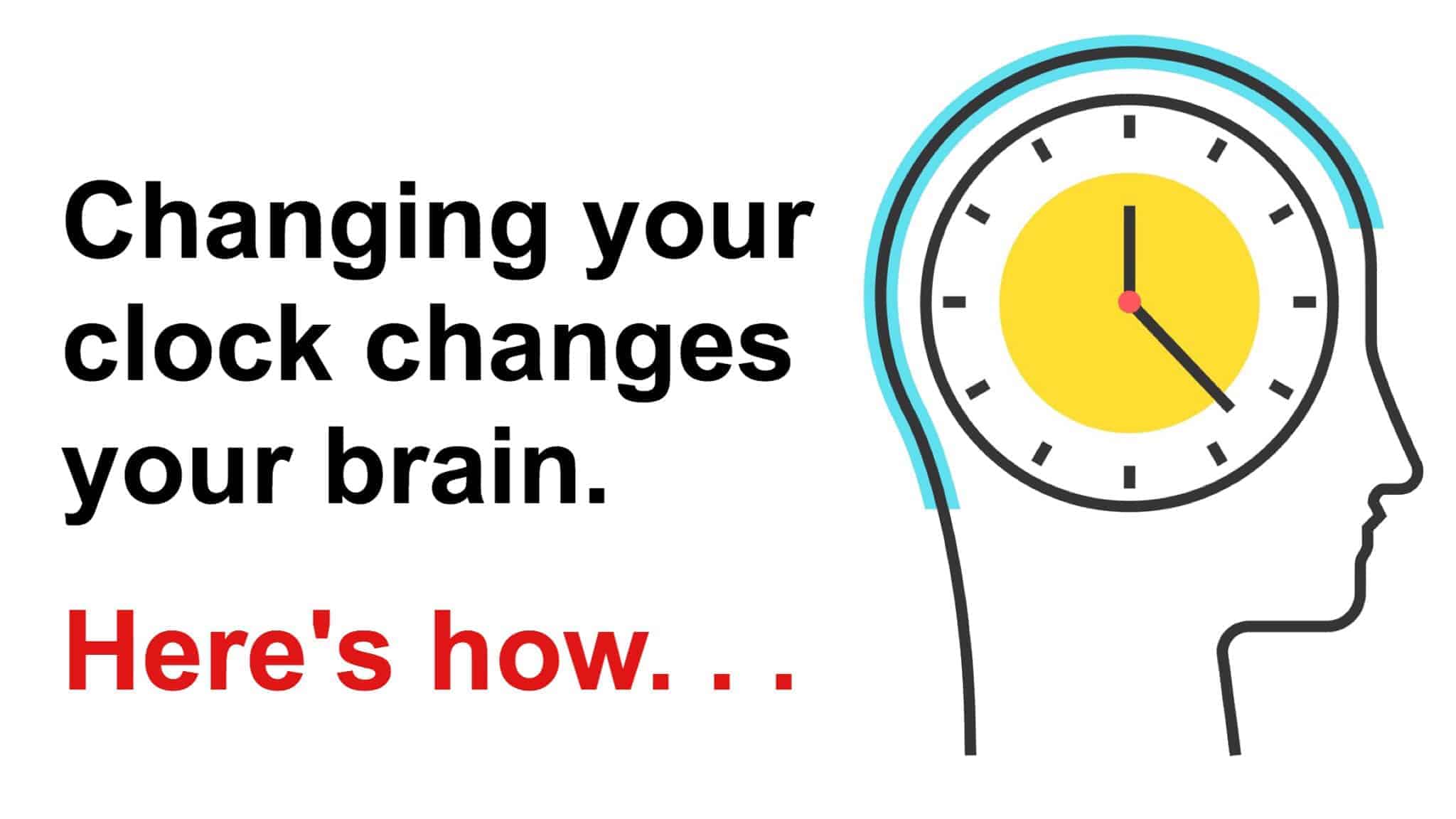
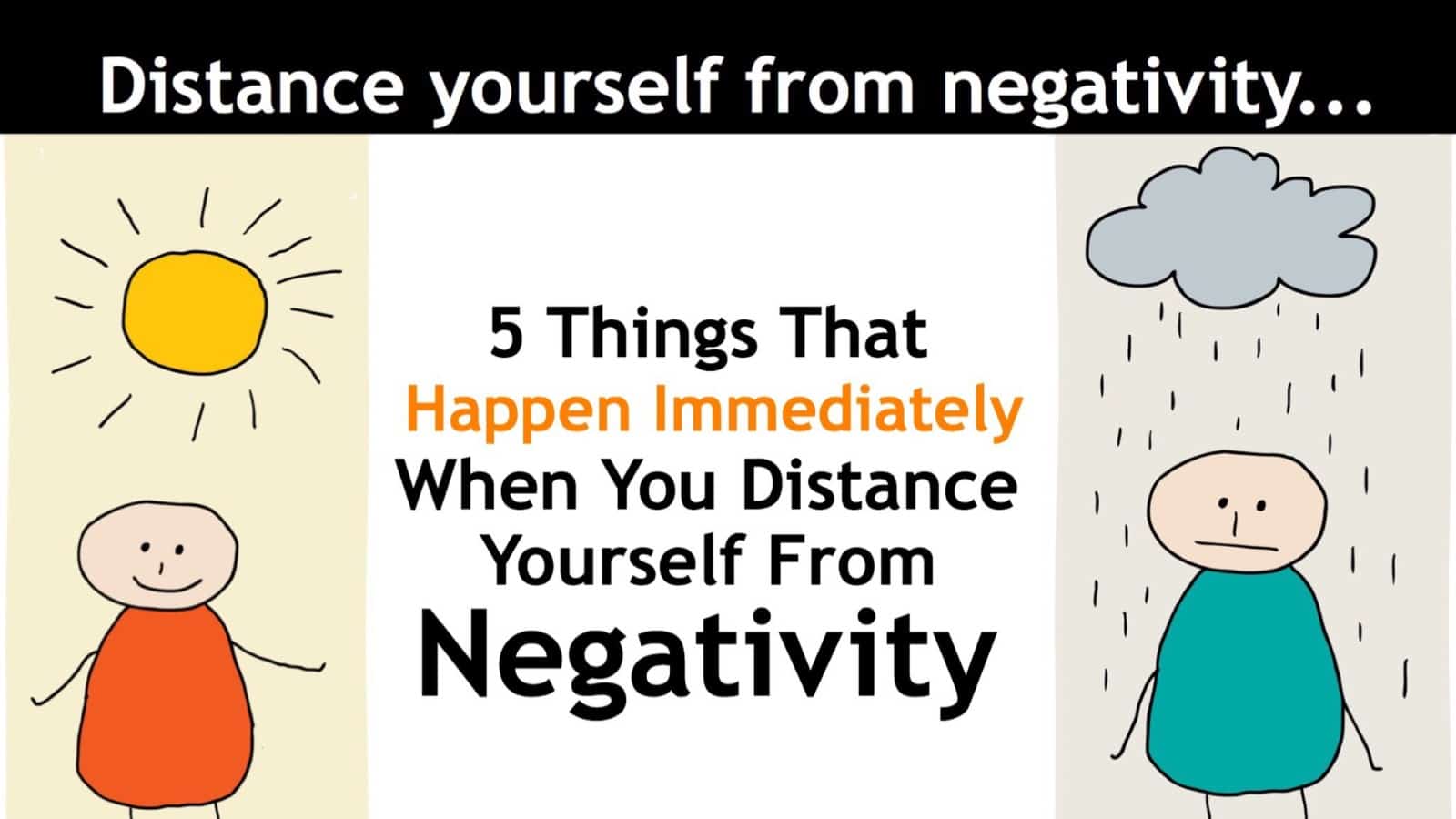



 The negative effects of drugs are well-known, but not many people truly understand what happens when you use drugs to get high. It can affect your health, your relationships, your job or school performance, and your future. Plus, it severely affects your family emotionally and can impact them legally, financially, and physically, as well.
The negative effects of drugs are well-known, but not many people truly understand what happens when you use drugs to get high. It can affect your health, your relationships, your job or school performance, and your future. Plus, it severely affects your family emotionally and can impact them legally, financially, and physically, as well.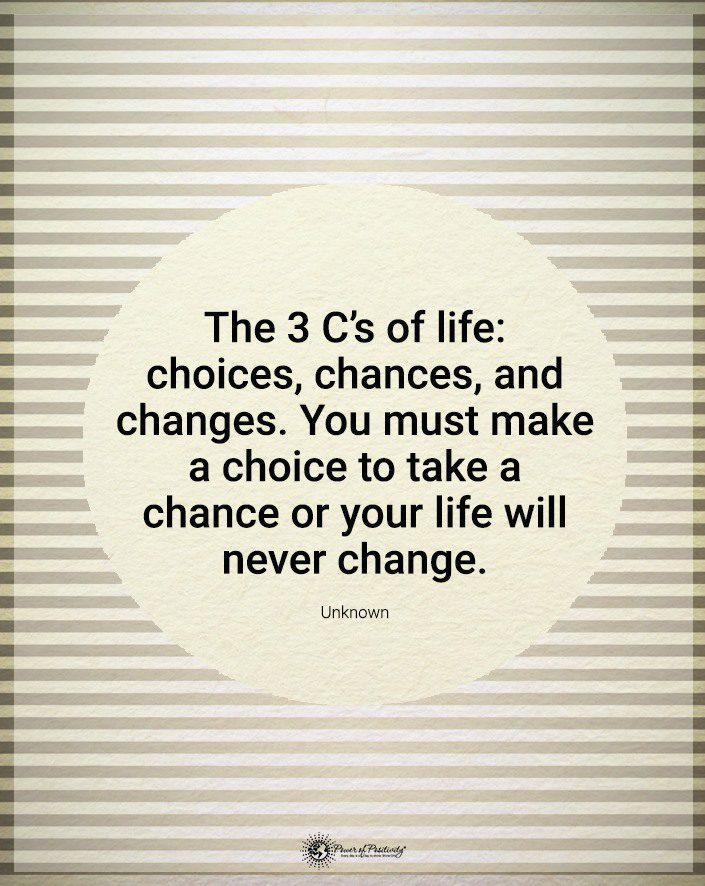 Some exciting activities that give you a natural high without drugs include these:
Some exciting activities that give you a natural high without drugs include these: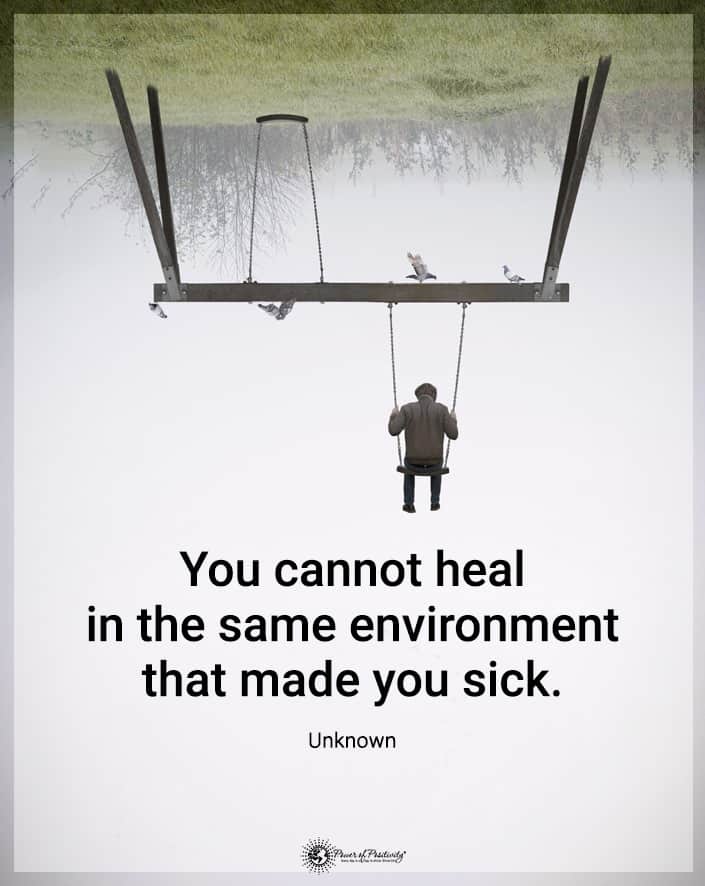 Final Thoughts on How to Get High Without Drugs
Final Thoughts on How to Get High Without Drugs

